The Regional Office for the Near East and North Africa (RNE) leads FAO’s support to countries in the Region in transforming their agri-food systems to achieve the Sustainable Development Goals (SDGs). It identifies regional priorities for food security, agriculture and rural development and ensures the planning and implementation of FAO’s strategic response in the region through a multi-disciplinary approach. It implements approved programmes and projects, monitors programme implementation, and ensures that they contribute to addressing regional priorities.
RNE supports regional policy dialogues, facilitates the emergence of regional partnerships, and supports knowledge exchange, capacity development and resource mobilization for food security, agriculture and rural development in the region. It develops and maintains relations with region-wide institutions including the Regional Economic Integration Organizations (REIOs).
FAO RNE is supporting the member countries in developing their capacities for evidence-based policy design and implementation. In particular, through provision of timely and tailored data and analytics. The incumbent will help FAORNE in designing these data models and dashboards, using the existing data and tools of the FAO.
Reporting Lines
The incumbents will report to the RNE Senior economist, under the overall supervision of the Assistant Director-General.
Technical Focus
The Data Specialists will support the regional programme in general, with specific assignments to support the strategy and policy related work for the member states and analytical outputs of the FAO regional office.
- Liaise with FAORNE Regional Priorities to interpret, apply and, as necessary, translate econometric models and other economic and social models to computing code designs to maintain and validate the results relating to determination of trends, patterns, relationships, and analysis on the effects of alternative policies and assumptions as per the original econometric/economic/social models;
- Design, through working with FAO statistics division and data analysts on building data products, such as intelligent visualizations, data models, big data solutions, and/or AI/ML algorithms for initial simulations or prototypes and subsequent ingestion into mainstream software applications;
- Review various data sources and data quality issues for relevant data-driven projects on economic and social portals with the aim of validating relevance of data sources and automating the data pipeline for all data pipes in the portal;
- Work with data engineers to collate and clean data from various entities leveraging ETL capabilities for later use by Data Scientists and other data stakeholders/users;
- In close collaboration with FAO statistical division and FAO-RNE, design databases and dashboards for an information system based on FAOSTAT, tailored to FAO-RNE needs, producing outputs helping the country and FAO-RNE to model trends, patterns, and relationships in analyzing alternative policies.
- Design an information system that should be flexible, feasible, and applicable to the country and efficient, using FAO resources and other national and international sources suitable for the tasks.
- With the help of national and FAO data engineers, and following the guidelines of FAO-RNE, design, compute, interpret and validate the model.
- With the help of national and FAO data engineers, review data sources, select, clean, and make them ready for automatized pipeline, in collaboration with the relevant national officials, when applicable.
- Perform other duties as assigned.
• A university degree in Econometrics/Economics, Engineering, Data Science, Computer Science, Information Management, Statistics, or a related field is required;
• For Advanced degree at least 3 years of experience in economics/econometrics, statistics, data science, data analytics, applied mathematics, information management or related area is required, of which at least one year closely related to humanitarian assessments;
• For University degree at least 5 years of experience in economics/econometrics, statistics, data science, data analytics, applied mathematics, information management or related area is required, of which at least one year closely related to humanitarian assessments;
• Working knowledge (level C) of English, and limited knowledge (level B) of one of the other official FAO languages (Arabic, Chinese, French, Russian or Spanish). Working knowledge of only one language might be required for PSA.SBS.
FAO Core Competencies
• Results Focus
• Teamwork
• Communication
• Building Effective Relationships
• Knowledge Sharing and Continuous Improvement
Technical/Functional Skills
• Experience with econometric and economic modelling software i.e. STATA, eViews, GAMS, etc. is desirable.
• Experience with data visualization tools such as Tableau or Power BI is desirable.
• Experience with statistical analysis using modern programming tools (such as R or Python) is desirable.
• Experience with SQL and database design is desirable.
• Experience with the development of digital economic portals/products aimed at supporting national and international policy making is desirable.
• Experience is the use of technologies supporting data science solutions relevant to economic and social issues is desirable.
• Experience in devising and overseeing data-centred projects is desirable.
• Experience working with the United Nations system or in a social science field is an asset.
• A Masters or Doctorate degree would be preferred.



